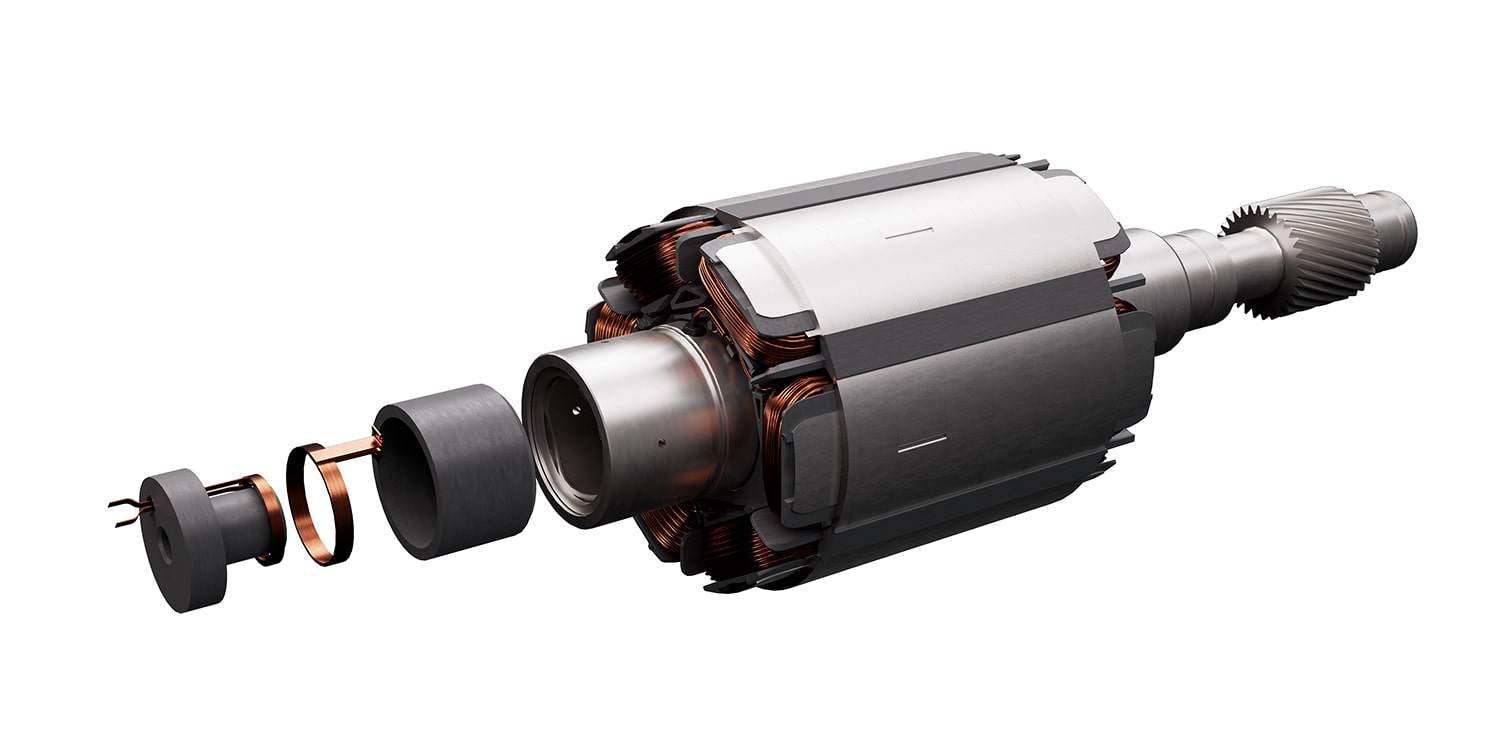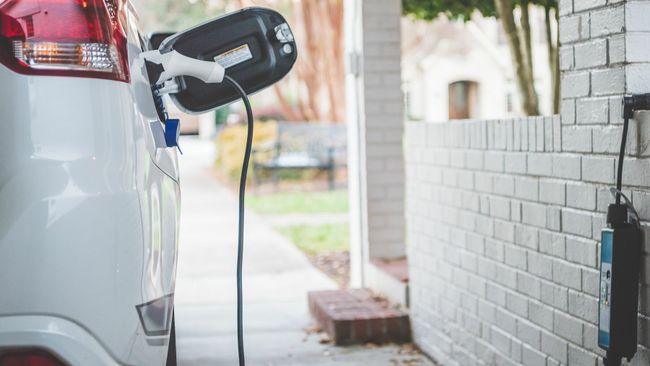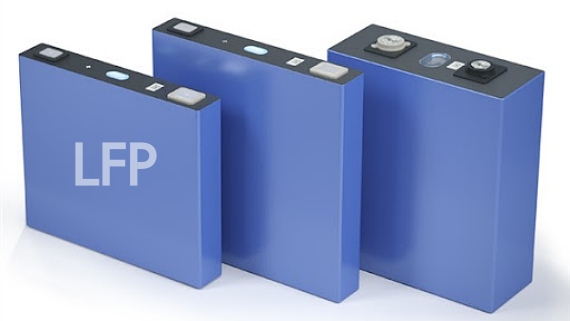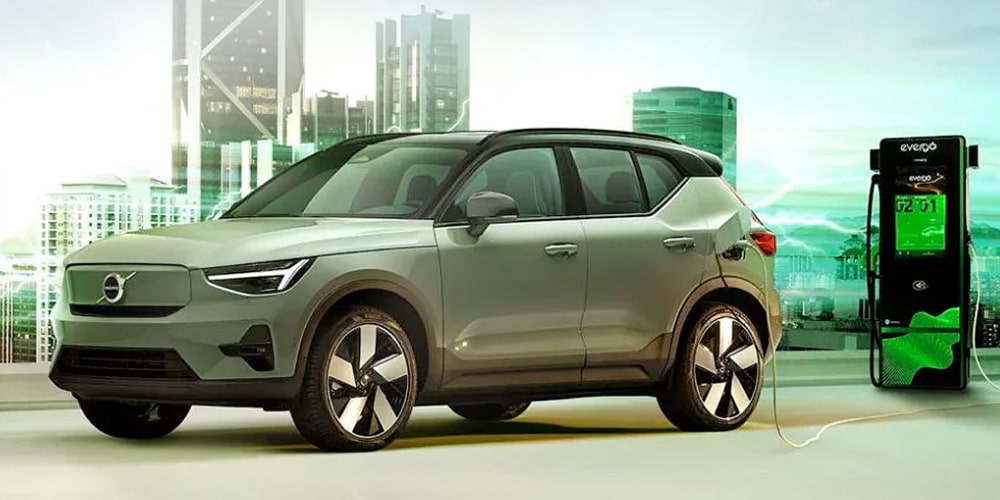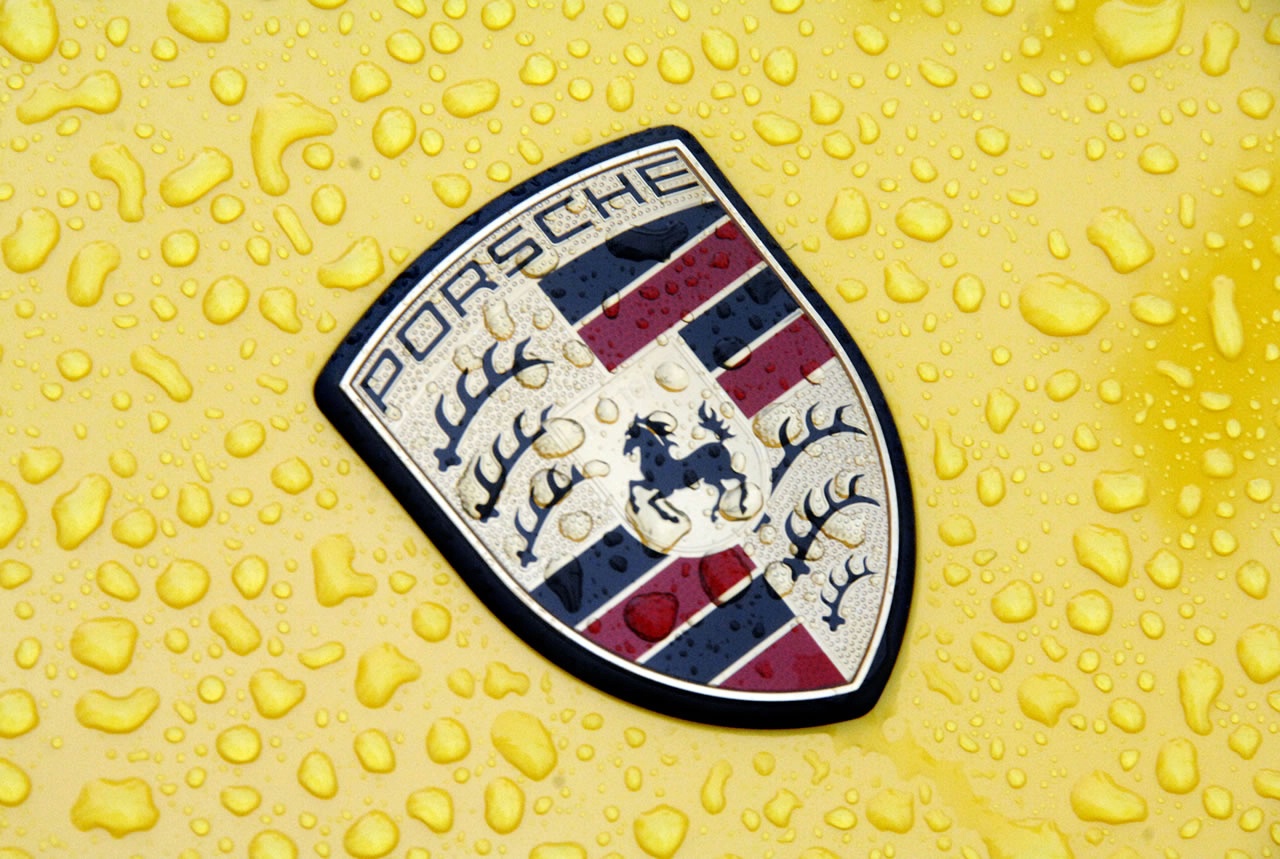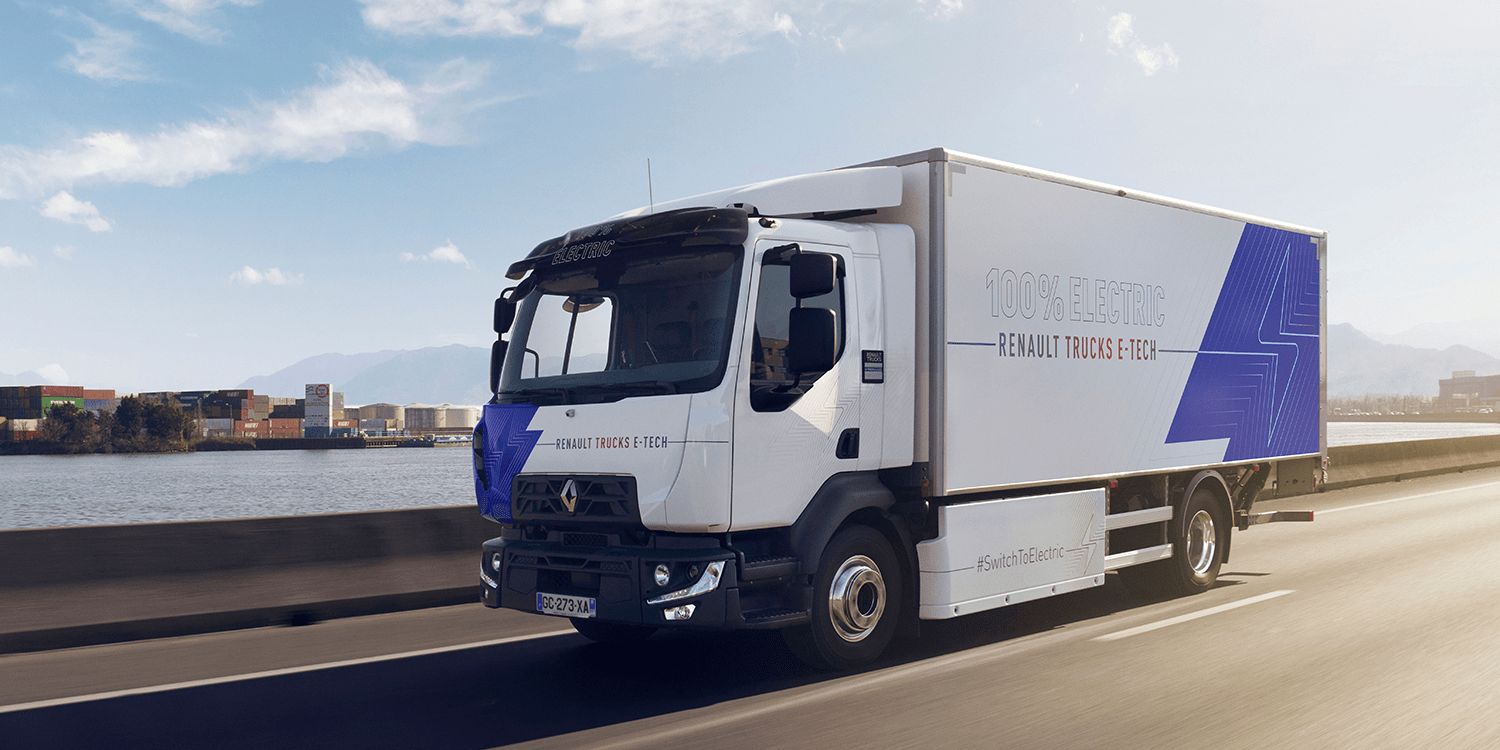ZF, an automotive supplier, is actively developing a groundbreaking electric motor that eliminates the need for permanent magnets. Unlike current magnet-free motor concepts, ZF’s I2SM (In-Rotor Inductive-Excited Synchronous Motor) achieves magnetic field generation through an inductive exciter housed within the rotor shaft.
The innovation aims to deliver a motor characterized by remarkable compactness combined with maximum power and torque density. Importantly, this externally excited synchronous motor (FSM) innovation aligns with the sustainability goals of reducing dependency on permanent magnets and rare earth materials, all while maintaining performance levels comparable to conventional permanent-magnet synchronous machines.
See also: ZF Group to Invest $194 Million in Expanding Manufacturing Capabilities in Mexico for EV Market
In contrast to current FSM drives, which still rely on sliding or brush elements for current transmission into the rotating rotor, ZF’s I2SM introduces a design that avoids the need for dry installation spaces, making it accessible for oil cooling and eliminating the necessity for additional seals. This advantageous design allows vehicle manufacturers to seamlessly integrate the I2SM into their development process, offering the possibility to replace traditional permanent-magnet synchronous motors with the compact I2SM. ZF has aptly labeled this feature as “space-neutral integration” of the exciter into the rotor, ensuring no axial space disadvantages. Furthermore, the motor’s power density in the rotor is enhanced, contributing to improved performance. Notably, the I2SM’s inductive transmission unit does away with loops, brushes, or additional seals.
Compared to conventional FSM systems, ZF’s inductive exciter is reported to reduce energy transfer losses to the rotor by a notable 15 percent. Additionally, the production of the I2SM motor holds the potential to reduce the CO2 footprint by up to 50 percent compared to permanent-magnet synchronous motors, which require energy-intensive production processes for the magnets.
While ZF has not disclosed a specific timeline for the production readiness of the I2SM technology, the company plans to offer it as an option within its extensive electric drive portfolio. Customers can select between 400-volt or 800-volt architectures, catering to both passenger and commercial vehicles. The latter employs silicon carbide chips in the power electronics, further enhancing performance and efficiency.
See also: French Start-Up MagREEsource Secures Funding for Eco-Friendly Rare Earth Magnet Recycling Process
Dr. Holger Klein, CEO of ZF, expressed enthusiasm for the innovation, stating, “With this magnet-free e-motor without rare earth materials, we have another innovation with which we are consistently improving our electric drive portfolio to create even more sustainable, efficient, and resource-saving mobility.” Development board member Stephan von Schuckmann added that this advancement showcases ZF’s commitment to resource-efficient and sustainable e-drives, primarily through efficiency enhancements, positioning the company as a leader in this transformative technology.

